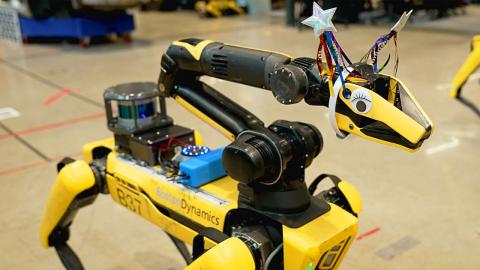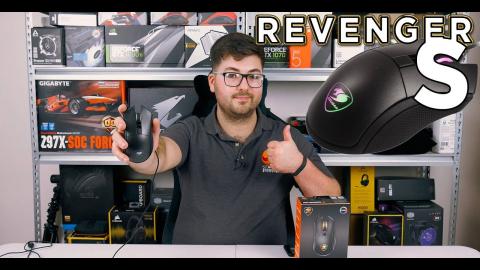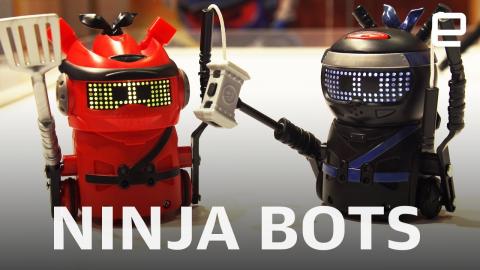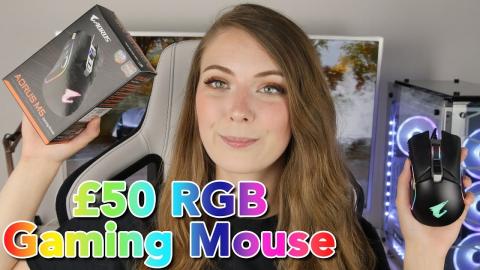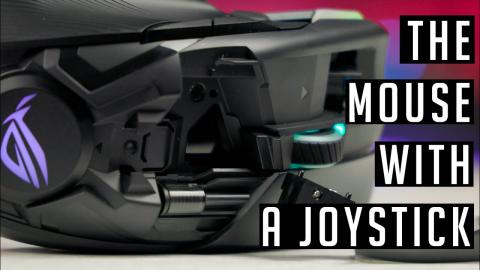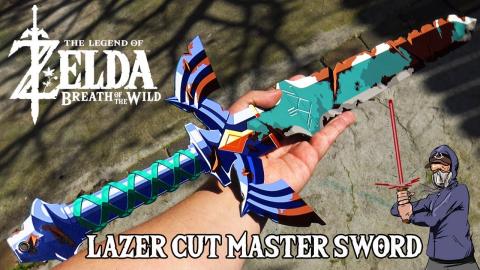3DPI.TV - 3D Printed Bio Bots Use Mouse Muscle to Move
Description
Read more: http://3dprintingindustry.com/2014/07/03/3d-printed-bio-bots-use-mouse-muscle-move/
Video Transcript: An experiment, at the University of Illinois at Urbana–Champaign, using a 3D printed, artificial tendon controlled by real mouse muscle cells has made miniature muscular cyborgs. The scientists at U of I believe this will have significant impact in the fields of medicine and soft robotics.
Using a 3D Systems’s stereolithography 3D printer, the researchers at U of I printed a flexible hydrogel skeleton with two protruding poles, between which they could seed mouse muscle cells. After placing the skeleton, coated with muscle cells, into a petri dish with a bi-polar electrical field, the team was able to stimulate the muscle cells to contract by giving them an electrical pulse.
While the U of I team had to experiment with different 3D printed designs to stimulate the object to contract properly. They also found that 3D printing the skeleton allowed the researchers to change the scale and shape of the artificial joint to customize it for a particular part of the body. They hope to be able to design the hydrogel object to create more surfaces on which to grow the muscle cells.
Though there are still numerous obstacles, the eventual aim is to one day incorporate these bio-bots into an actual body. Until that day, the researchers believe that their studies could help us understand the structures of organisms, and assist in testing pharmaceuticals or creating implants less likely to be rejected by a given immune system.


